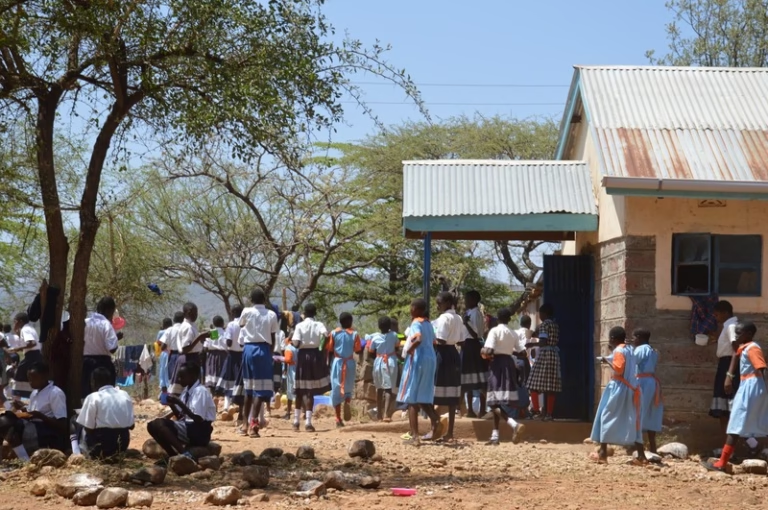
Kenya stands at a critical juncture in its agricultural evolution, where bold, state-led action can transform systemic post-harvest losses into a foundation for national food security and rural economic empowerment.
Drawing inspiration from Captain Ibrahim Traoré’s transformative policies in Burkina Faso, Kenya can adapt a similar model rooted in structured government-led farm mechanization, value addition, and strict adherence to Kenya Bureau of Standards (KEBS) protocols.
In just two years, Traoré’s administration galvanized Burkina Faso’s agricultural output by deploying 400 tractors, 239 motorcycles, and 710 motor pumps, contributing to a notable GDP rise from approximately US $18.8 billion to $22.1 billion. Kenya, with a stronger economic infrastructure and larger staple crop production 10.7 million tonnes in 2023 has even greater potential to multiply these results.
Despite this robust output, up to 30 percent of Kenya’s harvests rot in storage due to inadequate preservation systems and lack of local processing industries. Beans, for instance, are grown in excess of one million tonnes annually, yet the country still imports to meet its 750,000-tonne consumption due to poor post-harvest handling. Similarly, tomatoes experience 40 percent spoilage, and potatoes face 30 percent losses before reaching consumers.
The solution lies in converting this wastage into value-added products through KEBS-certified canneries and food processing units. By establishing public canning facilities that strictly follow KEBS standards KS 1311:2022 for beans in tomato sauce and KS EAS 66-1:2017 for tomato-based products, Kenya can significantly extend the shelf life of its produce, reduce dependency on imports, and open up thousands of job opportunities in rural areas.
State-owned machinery: over 1,000 tractors, tillers, and water pumps should be procured and leased to farmers at subsidized rates, with repayments facilitated through modest crop levies rather than commercial debt models. This not only empowers farmers but also avoids the financial burden of high-interest loans.
All equipment must undergo KEBS-monitored calibration under the MET-LIMS protocol, ensuring reliability and field-readiness. Public canneries and food-processing plants must be integrated into a national quality assurance system, with quarterly lab testing conducted in KEBS ISO 17025-accredited facilities, which already process over 15,000 samples annually to uphold the country’s food safety standards.
Kenya already has a working model in its defense forces. The Kenya Defence Forces (KDF) provide each soldier with two 440-gram cans of beans in tomato sauce daily, offering a high-protein, shelf-stable food ration that reflects the nutritional value and feasibility of large-scale canned staples. This concept, if adapted for civilian use—particularly in school feeding programs, relief food reserves, and subsidized urban nutrition packages—can revolutionize how Kenya approaches hunger mitigation and nutritional resilience.
The economic benefits are equally compelling. Canning surplus beans and tomatoes can redirect billions of shillings back into the local economy, drastically reduce food imports, and stabilize market prices during peak harvest seasons. Rural employment will rise as new processing plants demand technicians, quality inspectors, transporters, and packaging experts. The move toward certified, safe, and durable food products also prepares Kenya to tap into export markets across East Africa, where demand for processed foods continues to grow.
Time is of the essence. By daring to adapt Traoré’s blueprint of centralized machinery access, value-addition infrastructure, and regulatory enforcement, Kenya can reshape its agricultural landscape. With political will, strategic investment, and KEBS at the helm of quality control, the country can shift from being a net importer of basic foods to a regional powerhouse of processed agricultural products.
To dare is to do, and now is the moment for Kenya’s leadership to turn vision into action converting wasted crops into preserved sustenance, transforming forgotten villages into job hubs, and anchoring national prosperity on the strong foundation of food security.



